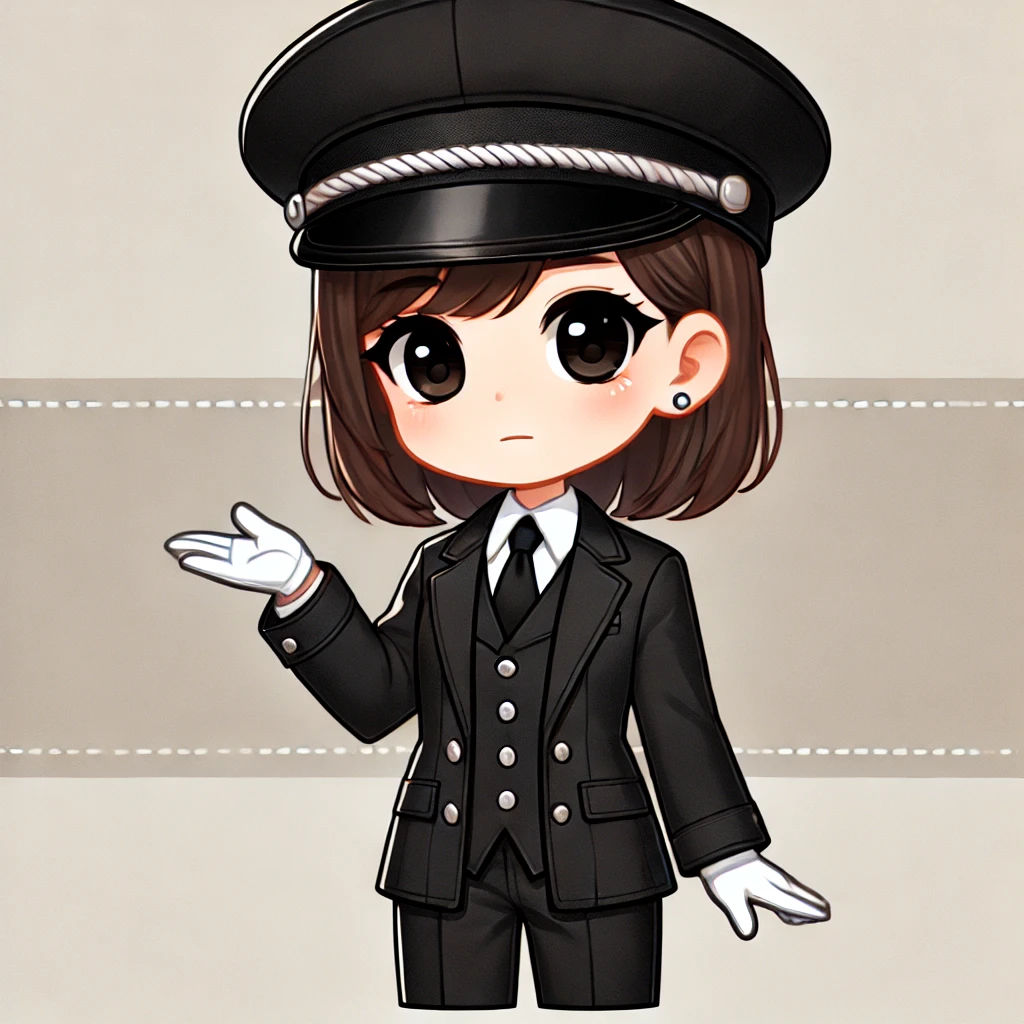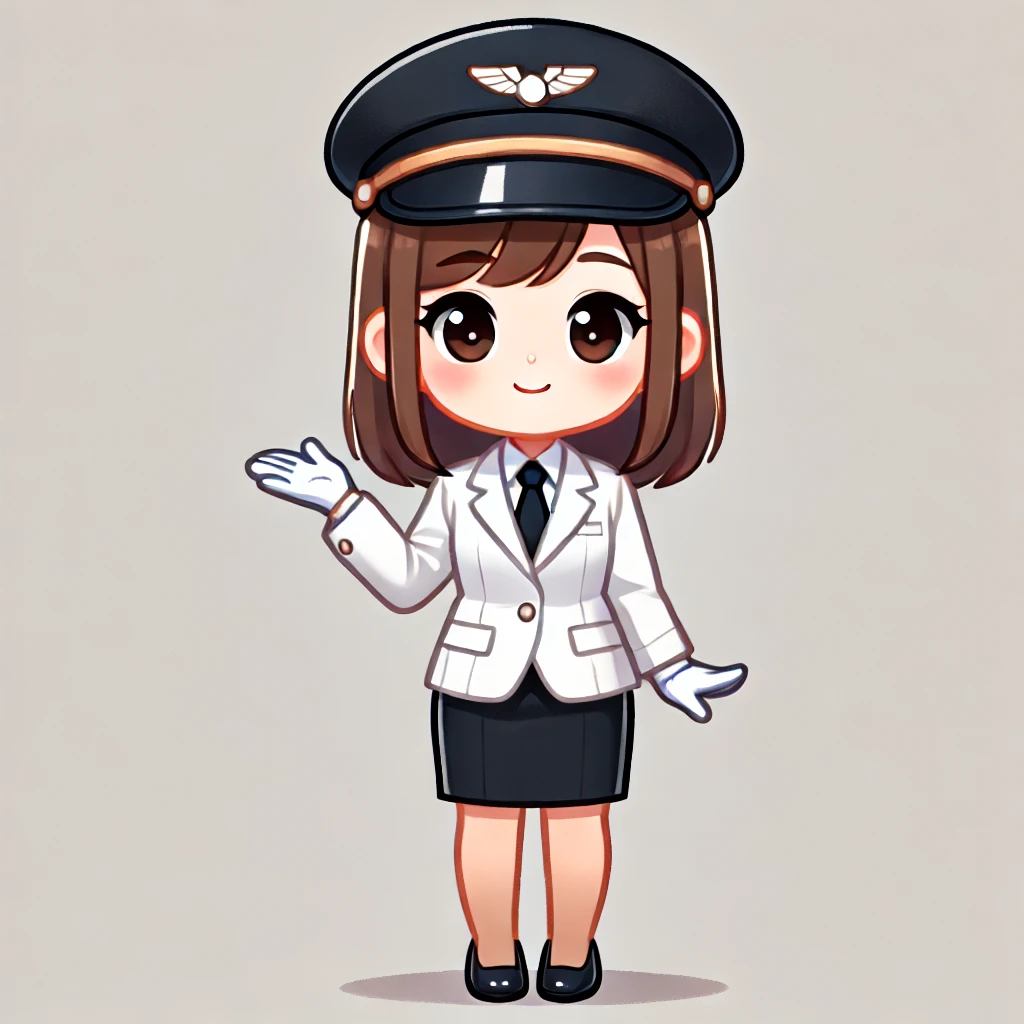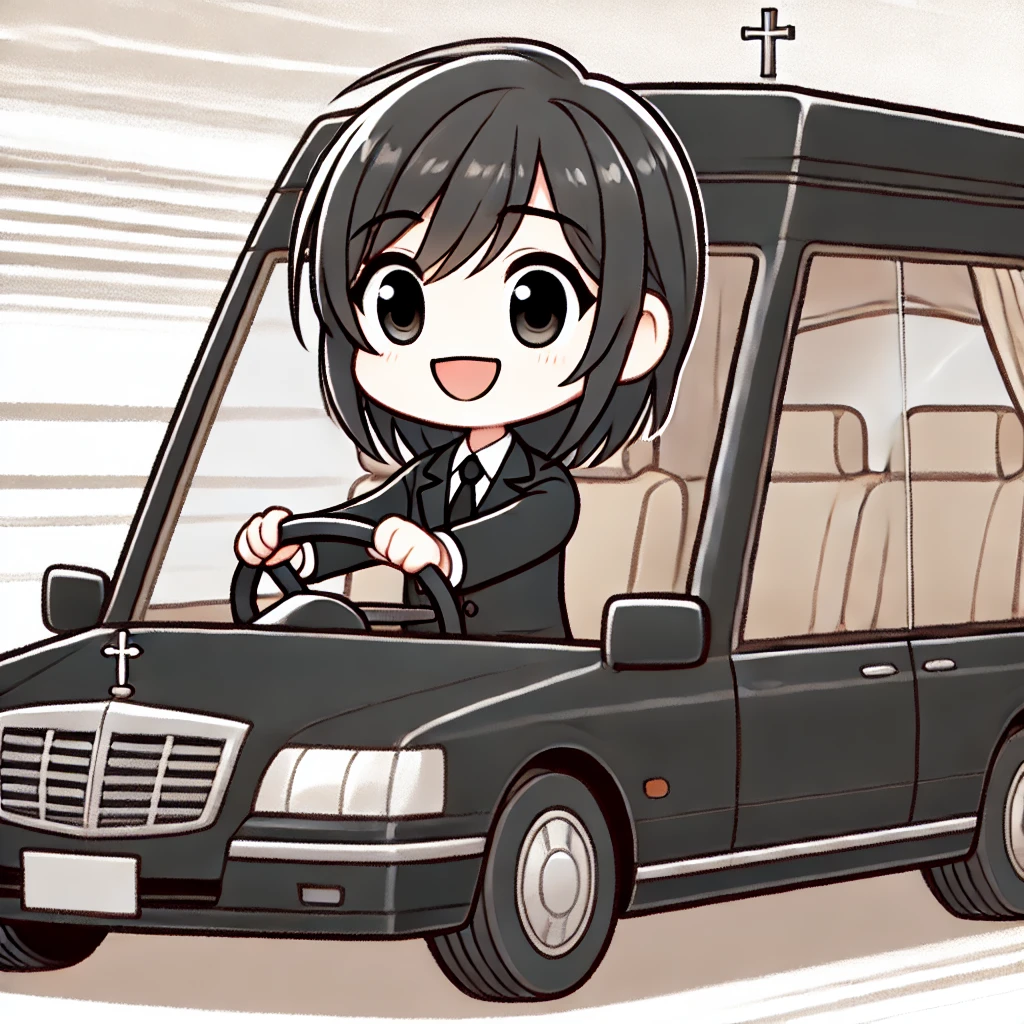
In recent years, particularly in urban areas, the number of people who do not drive has been increasing. While many hold a driver’s license, they either rarely drive or are not confident in their driving skills. This trend has led to an increase in the value of those who can drive.
One lesser-known industry that highly values driving skills is the funeral industry. In this field, driving is essential for tasks such as transporting the deceased and providing shuttle services for bereaved families. This article explores why drivers are in demand in the funeral industry, the nature of the job, and how driving skills can be utilized in this profession.
1. Reasons for the Increase in Non-Driving License Holders
Several factors contribute to the rising number of non-driving license holders:
- Public transportation availability: In urban areas, people rely on trains and buses rather than personal vehicles.
- Driving anxiety: Concerns over heavy traffic, parking difficulties, and accident risks discourage people from driving.
- Car-sharing services and taxi apps: These services allow individuals to use vehicles only when necessary.
- High maintenance costs: Expenses such as parking fees, insurance, taxes, and fuel deter car ownership.
- Lack of confidence: Many people, especially younger and older generations, have minimal driving experience and feel insecure about their skills.
- Lifestyle changes: Work environments and urban living conditions reduce the necessity of car ownership.
- Limited parking spaces: Even if one owns a car, urban congestion makes it inconvenient to use frequently.
These trends have led to a shortage of drivers in industries that require transportation, including logistics, taxi services, and the funeral industry.
2. Why the Funeral Industry Needs Drivers
2-1. High Mobility in the Funeral Industry
The funeral industry involves significant travel, making drivers essential. Key driving tasks include:
- Transporting the deceased: Moving the body from hospitals or homes to the funeral venue or mortuary.
- Funeral processions: Driving the hearse from the funeral home to the crematorium, sometimes over long distances.
- Shuttle services for bereaved families and clergy: Providing transportation, especially for elderly mourners.
- Transporting equipment and supplies: Moving altars, offerings, and other necessary items for the ceremony.
- Navigating narrow urban streets: Urban funerals require skillful driving in congested areas.
- Long-distance driving in rural areas: Many rural regions lack nearby crematoriums, requiring extended driving trips.
Without skilled drivers, funeral operations cannot run smoothly.
2-2. Types of Vehicles Used in the Funeral Industry
The funeral industry uses various vehicles, including:
- Hearses: Transport the deceased to funeral sites or crematoriums.
- Sedan-type: Standard for traditional funerals.
- Van-type: Used for small-scale family funerals.
- Limousine-type: Provides a high-end appearance for formal services.
- Transport vehicles: Move the deceased from hospitals or homes to funeral homes or mortuaries.
- Frequently used at night or early morning.
- Requires careful driving as families may accompany the deceased.
- Shuttle buses or vans: Transport bereaved families, clergy, and mourners.
- Family funerals: Vans are commonly used.
- Large-scale funerals: Microbuses accommodate many attendees.
- Funeral service vehicles: Transport necessary items like floral arrangements and offerings.
- Often small trucks or light vans.
2-3. Differences from Taxi and Bus Drivers
Unlike taxi or bus drivers, funeral drivers generally do not need a second-class license. The differences include:
- Taxi drivers: Must memorize detailed city road maps for customer pickups.
- Bus drivers: Follow fixed routes and require a large vehicle license.
- Funeral drivers: Follow pre-planned routes, eliminating the need to memorize an entire city’s roads.
Moreover, unlike taxi drivers, funeral drivers do not require extensive customer service skills, making the job suitable for those less comfortable with public interaction.
2-4. Skills Required for Funeral Industry Drivers
Driving in the funeral industry requires more than just technical skills. Key requirements include:
- Safe driving: Sudden braking and aggressive driving are unacceptable.
- Geographical knowledge: Familiarity with cemeteries, crematoriums, and funeral homes.
- Time management: Ensuring prompt arrival according to the funeral schedule.
- Crisis handling: Navigating traffic delays and detours calmly.
A funeral driver’s role is not merely transport but also ensuring a dignified and smooth experience for the bereaved family.

3. Benefits of Working as a Funeral Industry Driver
3-1. Job Stability
The funeral industry remains stable despite economic fluctuations. With an aging population, the demand for funeral services continues to grow, providing long-term employment security.
3-2. Easy Entry Requirements
Unlike taxi driving, funeral driving often requires only a standard driver’s license. Some companies may offer financial assistance for obtaining a medium or large vehicle license.
3-3. Additional Income Opportunities
Night shifts and emergency transportation services provide opportunities for extra earnings through:
- Night shift allowances
- Special duty bonuses
- Shift incentives

4. Conclusion: Utilize Your Driving Skills for a New Career
Driving skills are valuable in many industries, but the funeral sector has a particularly high demand. Key advantages include:
✅ Standard licenses are often sufficient. ✅ The industry is stable and resistant to economic downturns. ✅ Extra allowances boost earnings potential. ✅ Requires less direct customer interaction than taxi or bus driving.
If you enjoy driving but are not utilizing your skills in your current job, consider exploring career opportunities in the funeral industry. This field offers stability, meaningful work, and the chance to support families during difficult times.
Take the first step toward a fulfilling career by checking funeral industry job listings today!


